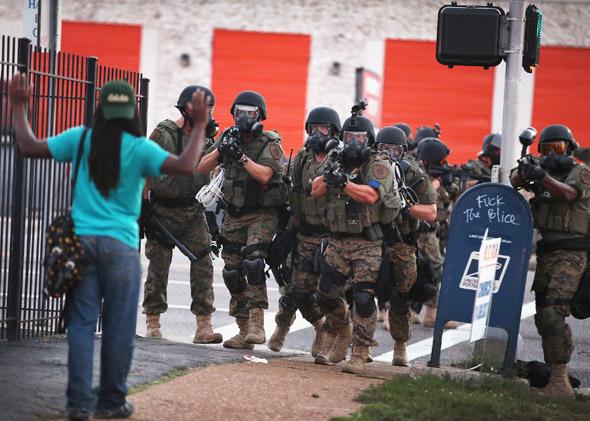Consent, Policing, and School Safety

A recent controversy at an Arizona Starbucks spurred anger across social media:
Starbucks on Sunday apologized after an employee at one of its stores in Tempe, Arizona, asked six police officers to leave or move out of a customer’s line of sight, triggering social media backlash.The officers had visited the store on July 4 and had paid for the drinks, before one company employee approached them about a customer not feeling safe because of the police presence, the Tempe Officers Association said on Twitter.
Conservative pro-police voices called for a boycott of Starbucks, and eventually, the company issued an apology.
The outrage toward customers in Starbucks finding the presence of police officers intimidating is a uniquely American response, but not one common to all Americans.
Several months ago, I was having a late dinner at a nearby Mexican restaurant after I finished teaching an evening course at my university. Just as I was eating chips with salsa and drinking the XX I ordered, in walked four officers with the county K-9 unit.
These men were typically outfitted like militia—several visible weapons and fatigues. They were dressed for war—not to serve and protect.

I was deeply uncomfortable when they sat beside me; in fact, I always find armed police officers intimidating because they have guns.
For many years now, U.S. police forces have become more and more militarized, through training and acquiring equipment from the military.
The uncomfortable Starbuck’s customers are, in fact, embodiments of what research shows about heavily armed and antagonistic police forces—especially when compared to London policing, which is grounded in policing by consent from 1829:
- To prevent crime and disorder, as an alternative to their repression by military force and severity of legal punishment.
- To recognise always that the power of the police to fulfil their CONTINUE READING: Consent, Policing, and School Safety | radical eyes for equity

